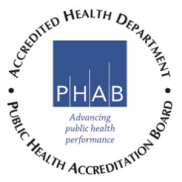Mumps is a viral illness that is transmitted by direct contact with respiratory droplets or saliva from an infected person. It is best known for painful, swollen salivary glands that show up as puffy cheeks and swollen jaw. Boys may also have painful, swollen testicles. Other symptoms include fever, headache, muscle aches, tiredness, and loss of appetite. There is no treatment, and symptoms usually resolve themselves within a few weeks. Mumps is usually a mild disease in children, but adults may have a more serious disease with complications. Vaccination against Mumps is available with the MMR vaccine.
The MMR vaccine is safe and effective. The vaccine is not perfect. Two doses of the MMR shot are about 88 percent effective at preventing mumps. That means that if you have 100 people who are fully vaccinated, 88 of them will be fully protected. The remaining 12 will still be vulnerable to mumps. If it were not for the vaccine, however, we would be seeing many, many more cases of the mumps.
Also, we have only seen a few cases with complications, like swelling of the brain or testicles. Normally, we would expect to see many more persons with complications. This tells us that even though some vaccinated individuals are still getting the mumps, they are experiencing the mild disease. The vaccine remains the best protection we have against mumps. It is a live virus vaccine and is not recommended for pregnant women or patients with a weakened immune system. Adults born before 1957 are generally considered to be immune to mumps and do not need to receive the MMR vaccine.
The current CDC recommendations for MMR vaccination are as follows:
- For children younger than 6 years of age, one dose of MMR vaccine or MMRV (Measles, Mumps, Rubella, and Varicella) vaccine at age 12-15 months, followed by a second dose of either MMR vaccine or MMRV vaccine at age 4-6 years.
- For children aged 7 through 18 years not previously vaccinated, one dose of MMR vaccine or MMRV vaccine, followed by a second dose of either MMR vaccine or MMRV vaccine at least 4 weeks after the first dose.
- For adults born in 1957 or later and not previously vaccinated, one dose of MMR vaccine.
- A second dose of MMR vaccine is recommended for adults born in 1957 or later, who are students in a post-secondary educational institution, work in a health care facility, or plan to travel internationally. The second dose should be administered a minimum of 28 days after the first dose.
MMR vaccines are available at the Local Health Unit in your county, and may also be available at your doctor’s office or your local pharmacy.
There was an outbreak of mumps in Arkansas in 2016-17. There were 2,951 cases. In response to that outbreak, ADH required students in the same school with vaccine exemptions for the MMR (Mumps, Measles, and Rubella) vaccine to be excluded from school for 26 days from the date of exposure and until the outbreak ended. Students with non-medical exemptions, who receive the recommended doses of MMR vaccine, could return to school immediately.


